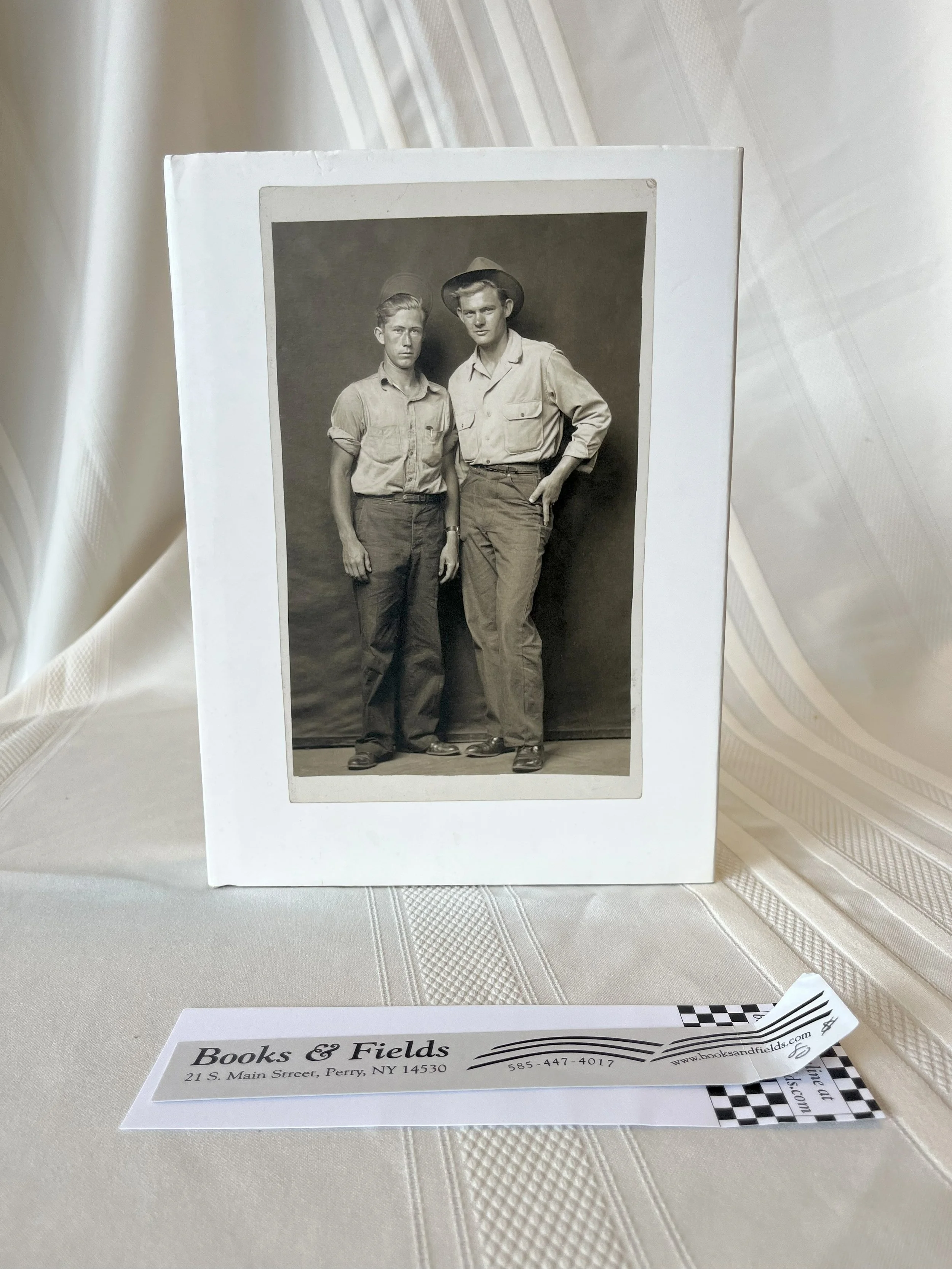 Image 1 of 8
Image 1 of 8

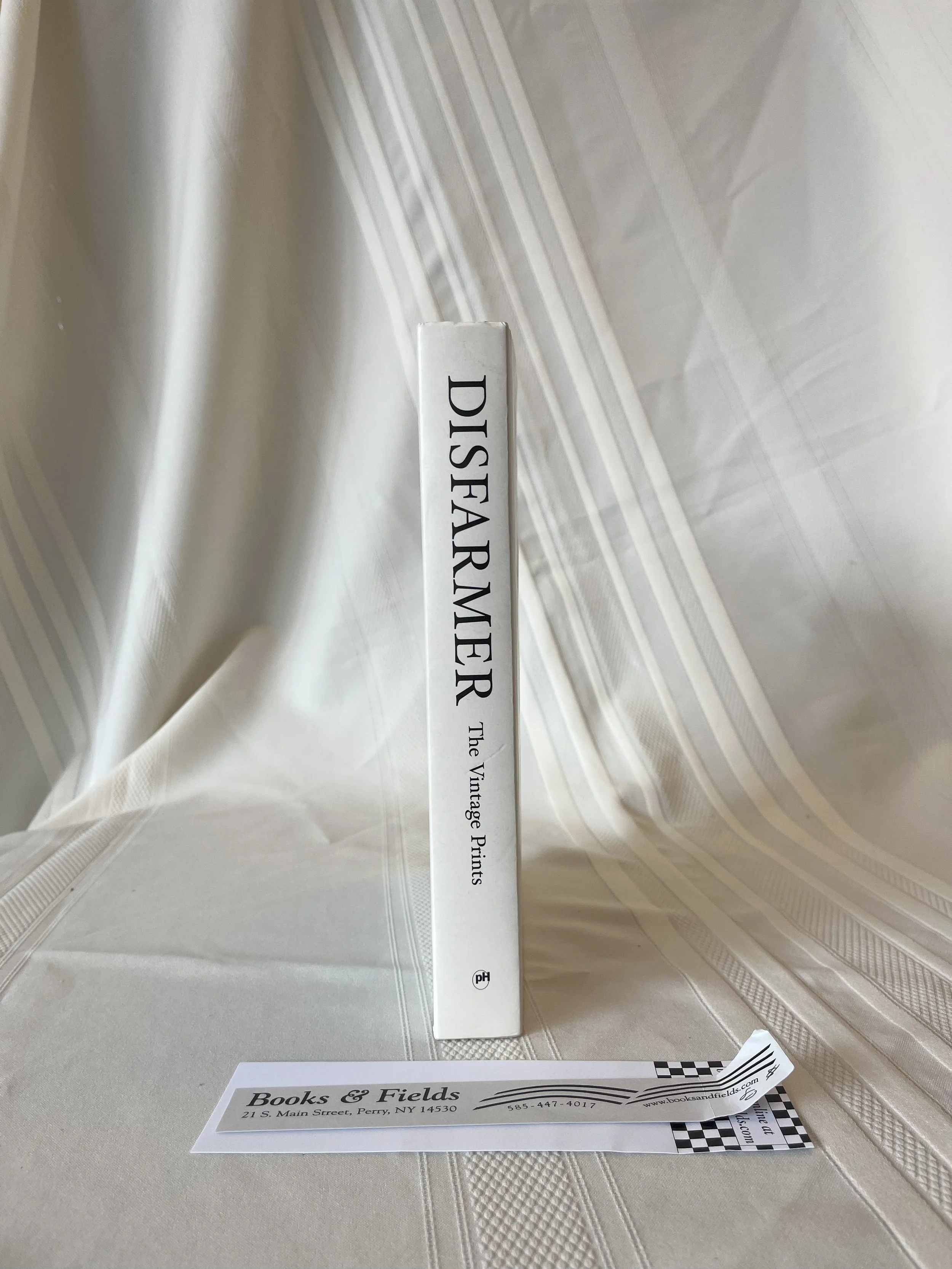 Image 2 of 8
Image 2 of 8

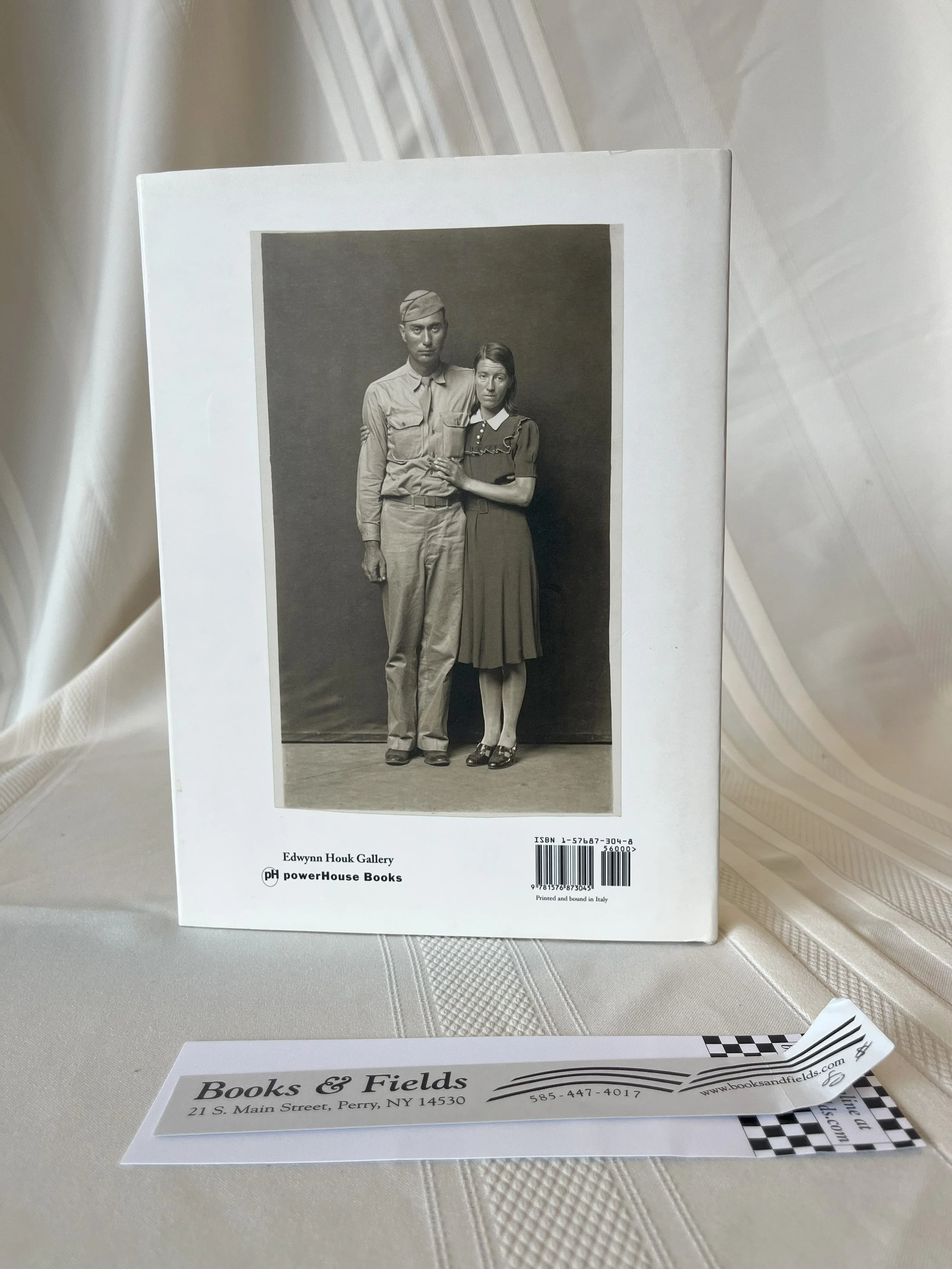 Image 3 of 8
Image 3 of 8

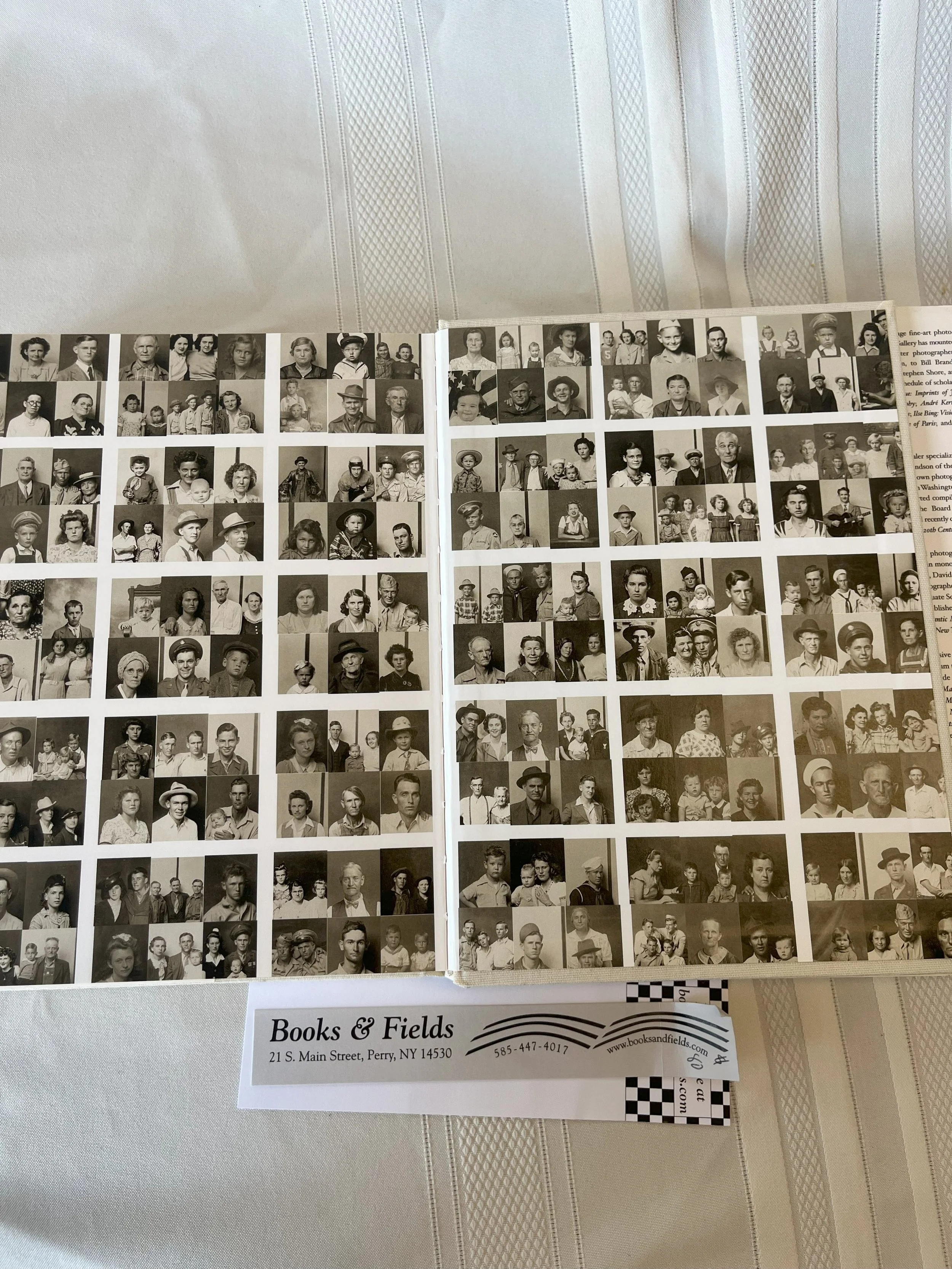 Image 4 of 8
Image 4 of 8

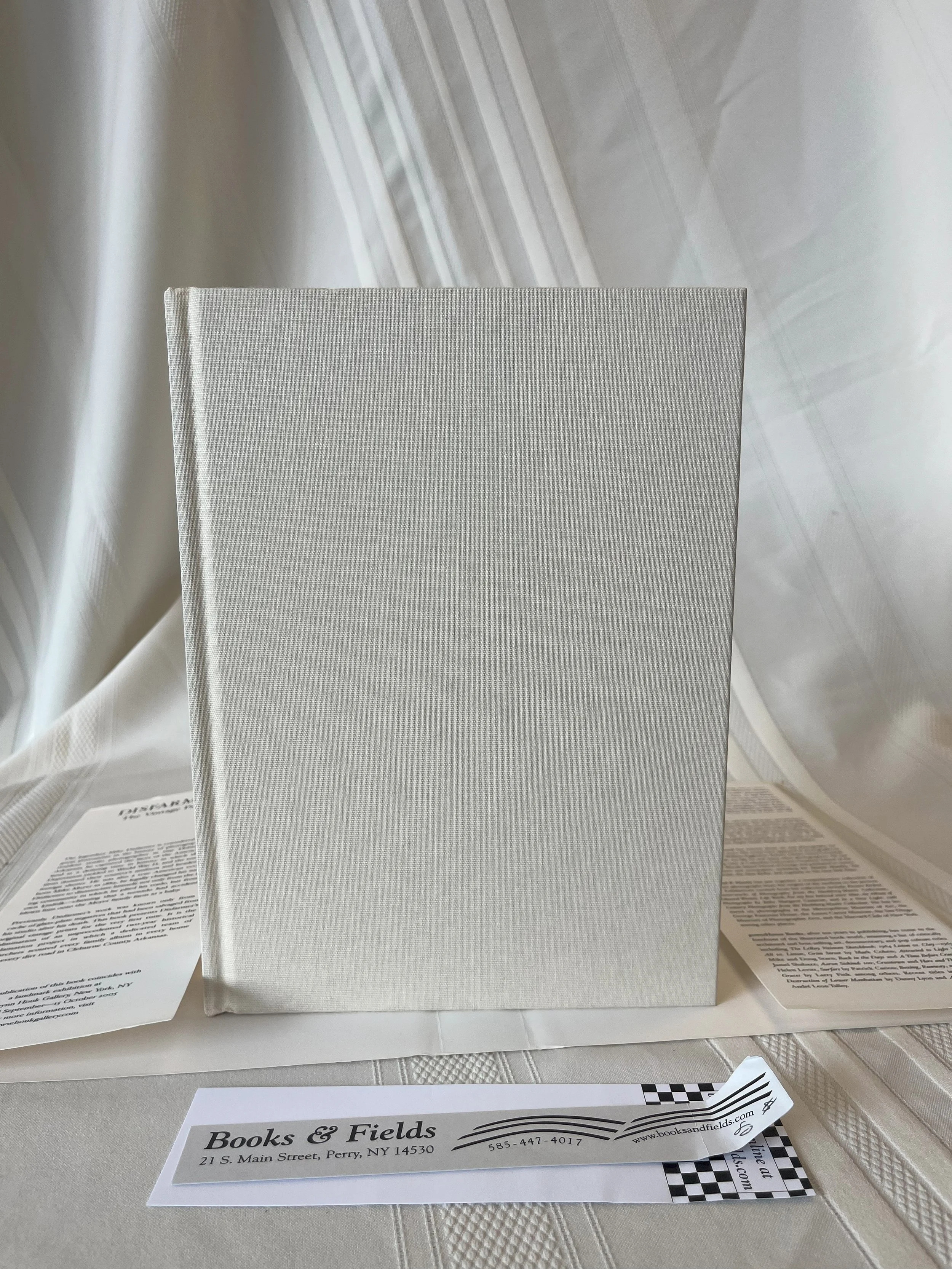 Image 5 of 8
Image 5 of 8

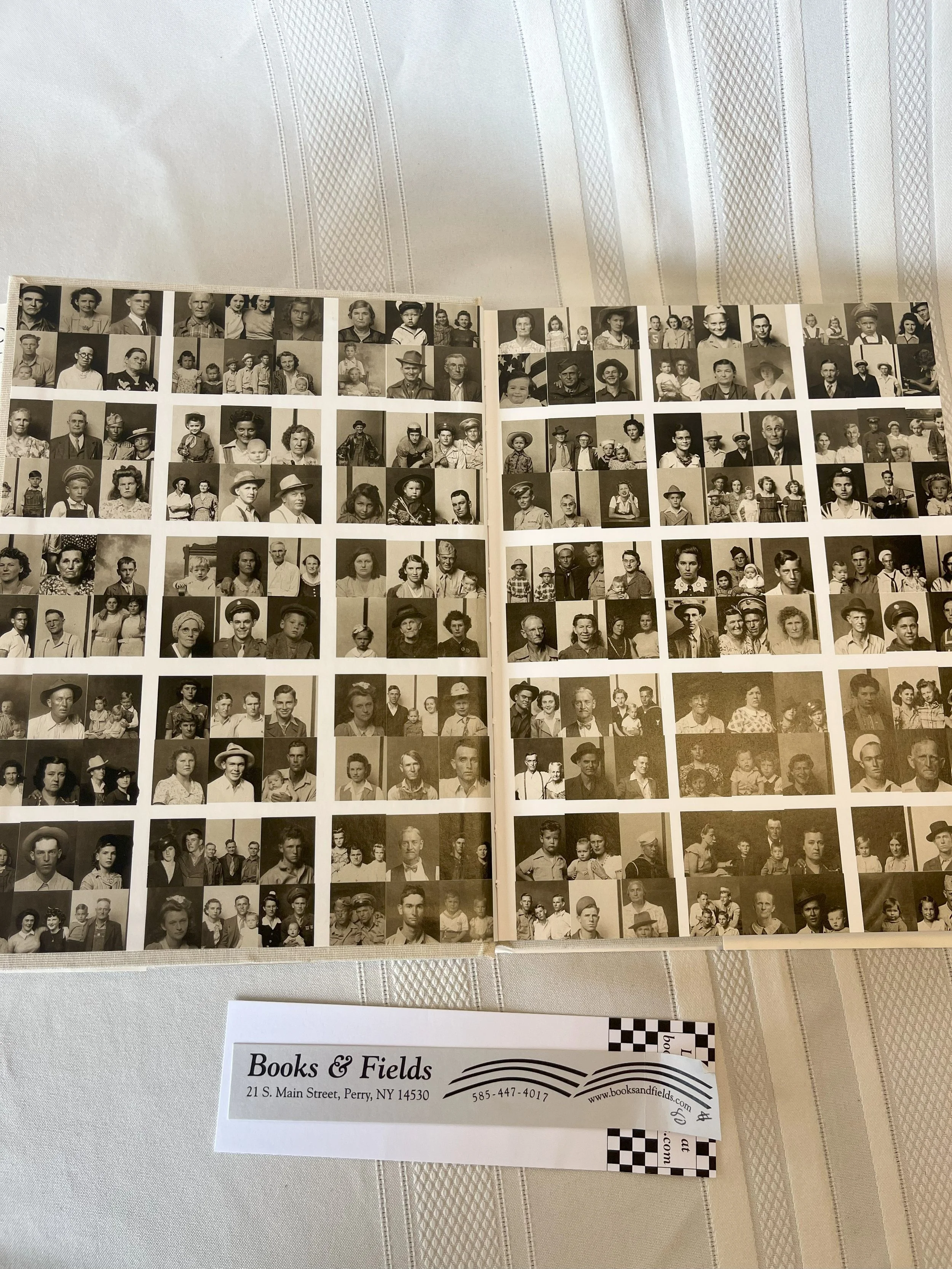 Image 6 of 8
Image 6 of 8

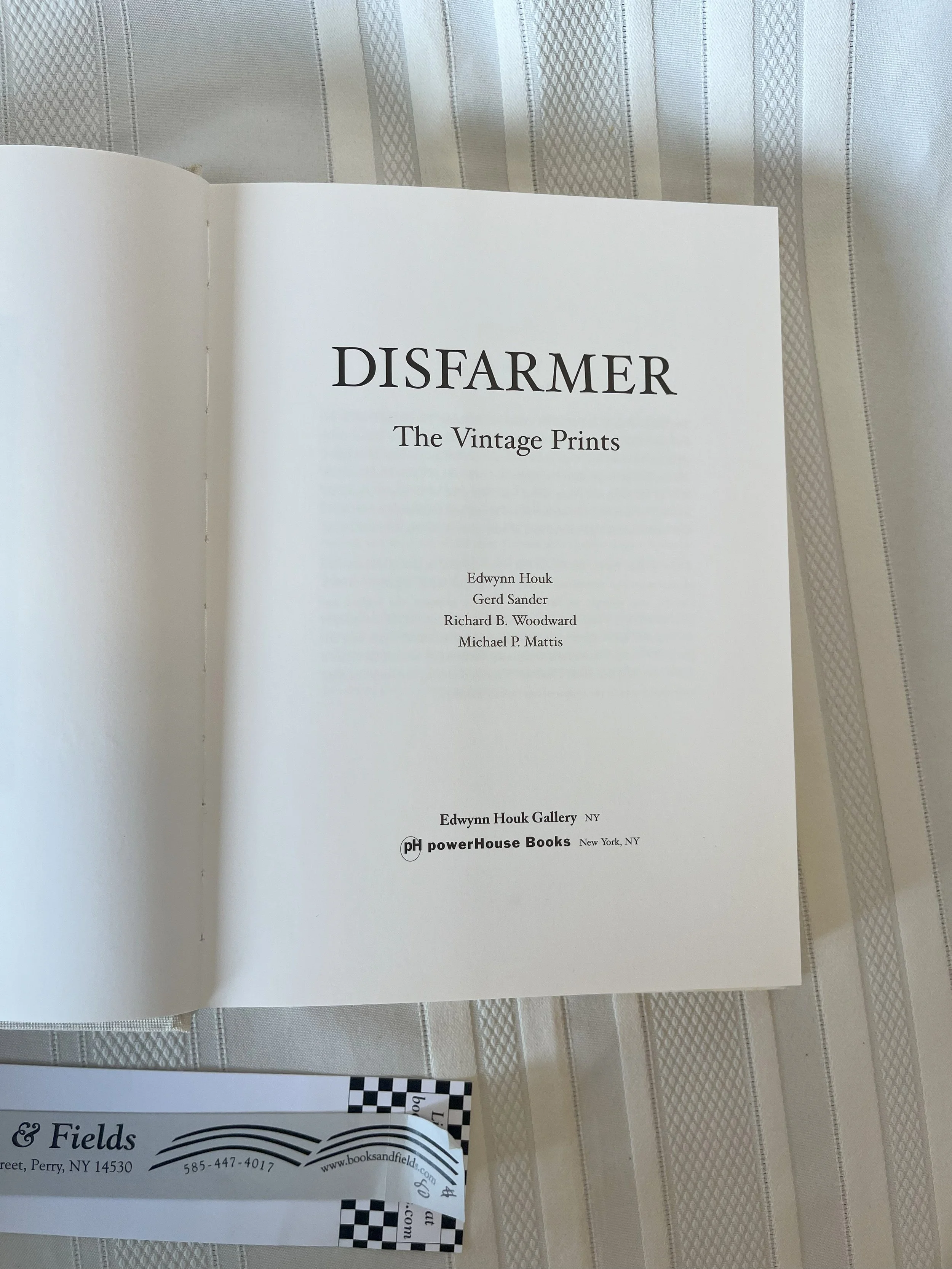 Image 7 of 8
Image 7 of 8

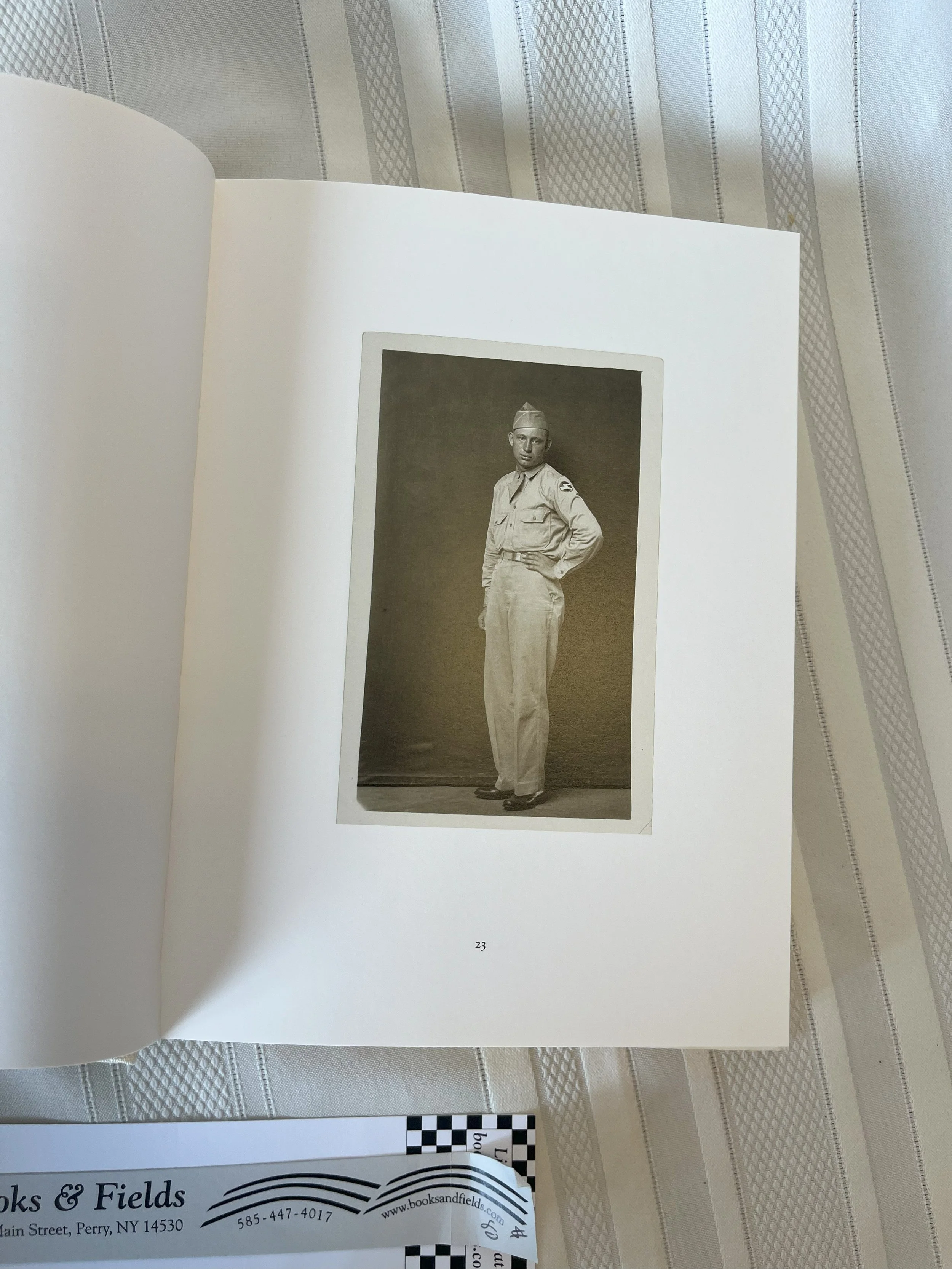 Image 8 of 8
Image 8 of 8









Disfarmer: The Vintage Prints
Author: Edwynn Houk, Gerd Sander, Richard B. Woodward, and Michael P. Mattis
Publisher: Edwynn Houk Gallery and PowerHouse Books, 2005, first edition
ISBN: 1-57687-304-8
Hardcover
Page Count: 234
Disfarmer, a portrait photographer, was not a naive artist. He was a master of his craft. But he was unknown, a genius who consciously chose to live in small town America, namely Heber Springs, Arkansas. Running a photo studio from the 1910s to the 1950s, he made formal portraits of the local population who arrived at the studio in their self-selected dress, and in their workers hands and faces. Disfarmer made them sit for a long time before taking the photo. Why? He never explained, but he clearly felt that drew out more character in the photos. When he died, he was largely forgotten until an outsider saw images in the 1970s and initiated a call throughout the region that increased the known printings from 70 to 3000. This volume has beautifully printed images of his photos, through which one can imagine life in that peasant corner of America.
Those unfamiliar with Disfarmer—as we were until we read this book—will look for kin. One that comes to mind is August Sander, whose pictures in Germany over the same time period have the same stark simplicity and moving character of the everyday man. One also thinks of Wisconsin Death Trip, Michael Lesy’s book of photos recovered from a rural Wisconsin photographer working from the 1970s to the 1910s. Those are more lurid in many ways—e.g. corpses in coffins—but they give the same feeling as watching fish under clear ice on a frozen over stream. One has to wonder just how many other local geniuses across all the arts were buried in small towns, serving their neighbors but unknown to the cosmopolitans who unfortunately act as our cultural gatekeepers.
Condition: Like new. Not less than Excellent in any dimension.
Author: Edwynn Houk, Gerd Sander, Richard B. Woodward, and Michael P. Mattis
Publisher: Edwynn Houk Gallery and PowerHouse Books, 2005, first edition
ISBN: 1-57687-304-8
Hardcover
Page Count: 234
Disfarmer, a portrait photographer, was not a naive artist. He was a master of his craft. But he was unknown, a genius who consciously chose to live in small town America, namely Heber Springs, Arkansas. Running a photo studio from the 1910s to the 1950s, he made formal portraits of the local population who arrived at the studio in their self-selected dress, and in their workers hands and faces. Disfarmer made them sit for a long time before taking the photo. Why? He never explained, but he clearly felt that drew out more character in the photos. When he died, he was largely forgotten until an outsider saw images in the 1970s and initiated a call throughout the region that increased the known printings from 70 to 3000. This volume has beautifully printed images of his photos, through which one can imagine life in that peasant corner of America.
Those unfamiliar with Disfarmer—as we were until we read this book—will look for kin. One that comes to mind is August Sander, whose pictures in Germany over the same time period have the same stark simplicity and moving character of the everyday man. One also thinks of Wisconsin Death Trip, Michael Lesy’s book of photos recovered from a rural Wisconsin photographer working from the 1970s to the 1910s. Those are more lurid in many ways—e.g. corpses in coffins—but they give the same feeling as watching fish under clear ice on a frozen over stream. One has to wonder just how many other local geniuses across all the arts were buried in small towns, serving their neighbors but unknown to the cosmopolitans who unfortunately act as our cultural gatekeepers.
Condition: Like new. Not less than Excellent in any dimension.